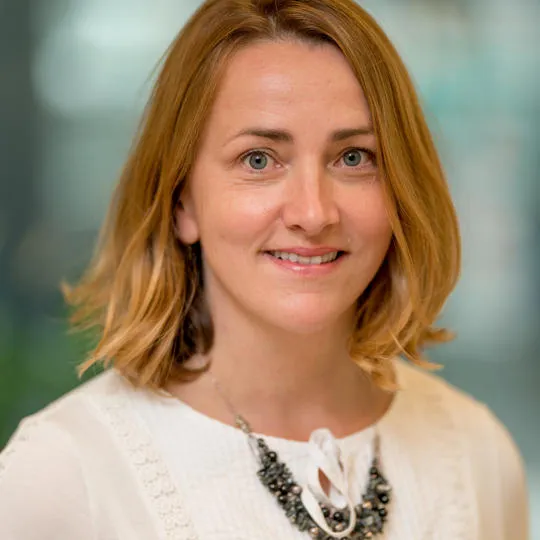Please note: this event has passed
On 3 October 2020, Germany celebrated the 30th anniversary of its reunification. Whilst many countries in Europe have experienced rapid and significant changes of government in recent years, Germany has been governed by only three different chancellors (from two parties) over the past 30 years.
The incumbent chancellor, Angela Merkel, has been in power since 2005. Recent surveys indicate that Merkel’s party, the centre-right CDU, is still the most popular party, and that Angela Merkel remains Germany’s most popular politician. Thus, on the face of it, the past thirty years look like a calm and stable period in German politics.
In practice, since re-unification, the German party system has been shaken up by newcomer parties on the far left and the far right of the political spectrum. The Left Party (Die Linke) and the Alternative for Germany (AfD) have been successful in gaining political ground. Indeed, the far-right AfD is currently the biggest opposition party in Germany’s Parliament. What is more, the Green Party (Bündnis 90/die Grünen) has re-emerged in recent regional and local elections. Surveys suggest that if federal elections took place this month, the Greens would win about 20 per cent of the votes and come second. At the same time, Merkel’s junior coalition partner, the centre-left SPD (Germany’s oldest party) has been struggling to keep their supporters and win elections.
How can we explain that one the one hand, Merkel’s CDU remains popular after 15 years in office, whilst on the other hand, small parties are on the rise? Who votes for the small parties, and why? Does the rise of these parties signify the ‘death’ of the political centre? And what does re-unification have to do with these trends?
Three distinguished speakers, Dr Sarah Elise Wiliarty (Wesleyan University), Prof. Dan Hough (Sussex) and Prof. Kai Arzheimer (Mainz) will be discussing these developments, followed by a Q&A. The moderator is Dr Isabelle Hertner (King’s College London)

